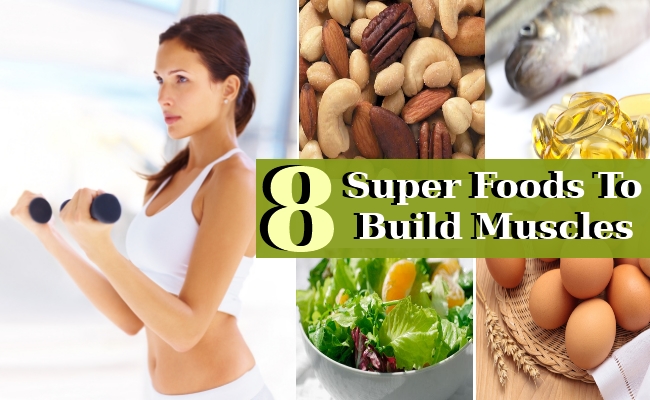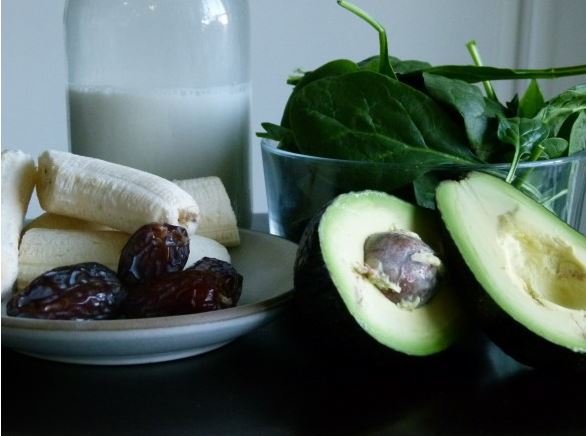A Critical Need For Potassium-Rich Foods In Post-Menopausal Women
/ Potassium Deficit in Older Women
Potassium Deficit in Older Women
Researching every issue connected with muscular pain and increasing muscle strength in an effort to heal and repair the physical setback I experienced in 2014, potassium levels kept appearing as a major contributor to muscle health and efficient functioning. See Livestrong, for example.
The more I read about potassium, the greater its significance was to me in beating my gym injury and burn complications permanently. Just last week I accepted the fact that exercise alone would not put me back in high heels.
What Is Potassium?
Potassium is a mineral and electrolyte critical for effective motabolism, water and chemical balance in the body. Every muscle contraction, nerve impulse and regulated heartbeat requires the proper level of potasssium. Potassium deficiency has been linked to high blood pressure, kidney stones, osteoporosis, carbohydrate intolerance, stroke and heart disease.
There is no doubt that proper potassium levels are critical to keep our bodies functioning in a maximum state of wellness.
This excellent article in the San Francisco Chronicle defines potassium as being critically important for:
* Muscles and Nerves
* Water and Chemical Balance
* Acid-Base Balance
Daily Recommended Potassium Levels
In a study of 90,137 postmenopausal women over a period of 11 years, only 2.8 percent of women met the US Department of Agriculture daily recommendation of 4,700 mg of potassium daily. The World Health Organization’s daily potassium recommendation for women is lower, at 3,510 mg or more. Unfortunately, only 16.6 percent of women met this nutritional standard.
Read all the findings of this potassium study at Science Daily.
Anne repeats that she is not a nutritionist, but she is one smart cookie. Older American women are in a critical potassium shortage.
Note that 1) if you are researching potassium nutrition in various foods, it’s important to know whether the calculations are based on the USDA standard or the WHO. My own health goals for potassium are based on the 4,700 mg per day — which is darn difficult to achieve without supplements. 2) The potassium nutrition information fluctuates wildly from one source to another. Don’t ask me why, but the variations are 100% and on many foods.
Planning my own menus and daily potassium intake, I’m reviewing multiple sources for every food and looking for aggregate consistency around sources that I trust. In this article, I’ve posted potassium nutrition info from WHFoods.org. This information varies wildly from info at Web MD, coming from the USDA.

The American Heart Association published a study in September 2014 confirming significantly lower risks of stroke and death among older, postmenopausal women who ate potassium-rich foods. The results were especially significant among women who didn’t have high blood pressure.
Relevant to me — someone not taking any blood pressure medication or suffering from high blood pressure — increasing potassium intake to recommended levels resulted in a 27 percent lower ischemic stroke risk and a 21 percent reduction in all stroke types. The results were signiciant but almost half these numbers for women already taking blood pressure medication.
Potassium & Bone Health
In January 2015, a study in the journal ‘Osteoporosis International’ named potassium salts as a key factor in preventing osteoporosis. In the UK, source of the study, one in two women and one in five men over the age of 50 will break a bone because of poor bone health. Once again, eating more fruits and vegetables and avoiding processed foods helps increase potassium intake in the body.
Potassium Rich Foods From WHFoods.com





























